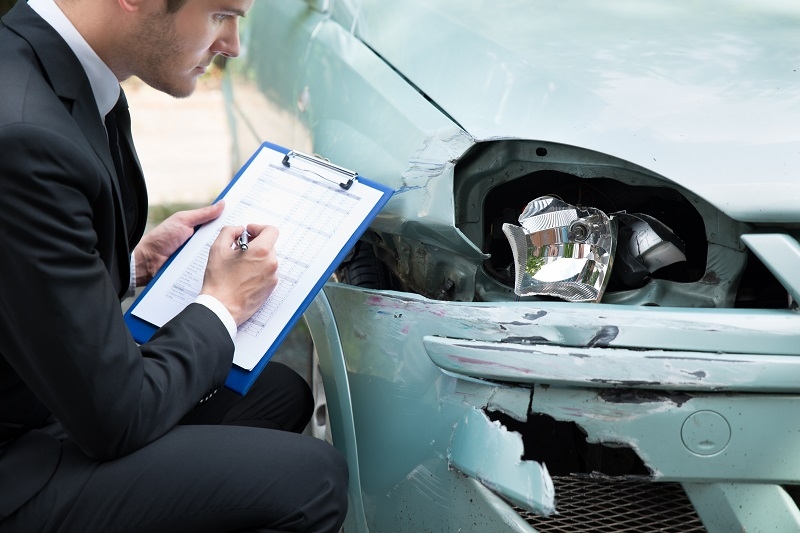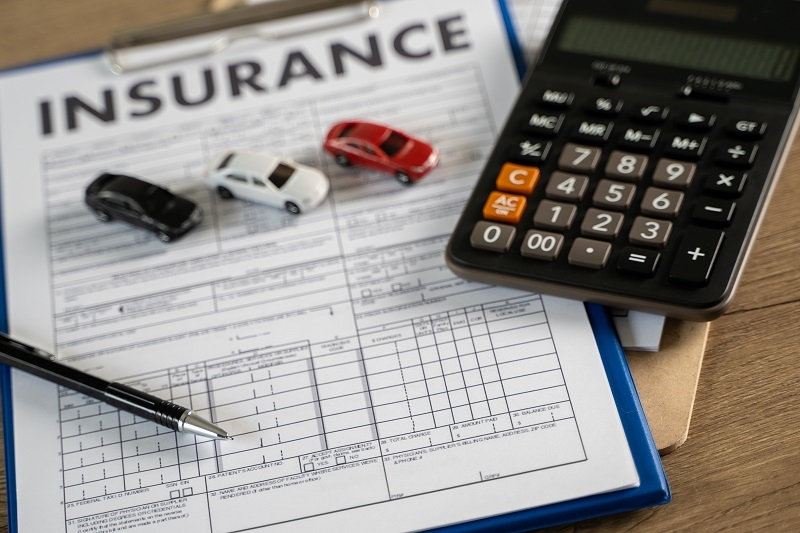
In life, accidents can occur unexpectedly. Though we all know how vital health insurance is, accident insurance is the one that is usually forgotten. But knowing the differences between the two types of cover will enable you to make informed choices for your protection and peace of mind. Here in this blog, we'll discuss how accident insurance is different from standard health insurance, why you may want to get it, and how to get the right accident insurance plan for you.
Accident insurance is designed to assist in the payment of the unforeseen expenses that accompany sudden accidents or injuries. Accident insurance is a type of financial coverage that can make a huge difference in tough times.
An accident insurance policy pays you a lump sum amount or cash payments that you receive if you are hurt in an accident. In contrast, health insurance pays for medical visits and the treatment of illnesses. Accident insurance only covers injuries caused by accidents beyond your control, such as auto accidents, falls, and sports injuries.
These policies assist in covering expenses such as a visit to the emergency room, hospitalization, and even the use of crutches or wheelchairs. Some plans even offer cash benefits for fractures, burns, or death due to an accident. The concept is to provide you with instant access to money when you need it the most.
The most important distinction is that accident insurance is not a substitute for your medical insurance. Rather, it complements it to assist in paying for things not always covered by medical insurance. Medical insurance can cover the hospital bill, but accident insurance gets additional money into your pocket to cover expenses such as transportation, childcare, or lost income while recovering.
Understanding the main differences between a health vs accident policy can help you see how both types of coverage work together to protect you.
A health insurance policy covers medical needs in general, whether they come from an illness, a chronic condition, or an accident. It includes doctor visits, surgeries, prescription medications, and preventive care.
On the other hand, accident insurance focuses specifically on injuries caused by an accident. If you fall down the stairs and break your leg, accident insurance helps pay for the costs associated with that injury.
Health insurance usually pays your medical providers directly after you meet your deductible and co-pays. You might still have to pay some out-of-pocket costs, depending on your plan.
Accident insurance usually pays you directly. If you’re in an accident and need money to pay for groceries, rent, or other living expenses, accident insurance gives you cash benefits that you can use however you need.
Accident insurance tends to be simpler. There’s usually no complicated network of doctors, and you don’t have to worry about whether a treatment is “covered.” If your injury is listed in the policy, you get paid. Insurance can have a lot of rules and paperwork, which can slow things down in an emergency.
Several benefits of accident insurance make it a smart choice for many people, especially those with active lifestyles or jobs that involve physical activity.

Many people don’t realize that their health insurance might not cover everything after an accident. That’s where emergency injury coverage comes in with accident insurance.
Emergency injury coverage with accident insurance can include cash payments for ambulance rides, emergency room care, and hospital stays. Even if your health insurance covers the medical bills, you might face high deductibles or co-pays.
Some accident insurance plans also provide coverage for lost income if you’re unable to work. This can be a huge help, especially if you’re self-employed or your job doesn’t offer disability benefits.
After an accident, you may have other costs to deal with, like childcare, transportation, or home modifications if your injury makes it harder to get around. Emergency injury coverage helps ensure that these hidden costs don’t create additional stress.
With so many options out there, finding the best accident insurance plan for your needs might feel overwhelming. But by keeping a few things in mind, you can make a choice that fits your lifestyle and budget.
If you’re someone who enjoys outdoor activities, plays sports, or has a physically demanding job, accident insurance might be especially important for you. Accidents can happen in any environment, so consider your risks when comparing plans.
The best accident insurance plans cover a wide range of injuries and scenarios. Look for plans that include hospital stays, emergency room care, follow-up treatments, and even rehabilitation services.
Most of us ask ourselves why get accident insurance when we already have health insurance. The reality is that the two forms of insurance complement each other to provide you with enhanced protection and peace of mind.
Accident insurance provides an insurance policy for the consumer. Health insurance can help pay medical expenses, but accident insurance can help pay for the rest. This could make a huge difference when you are trying to heal while worrying about the money.
With accident insurance, you don't worry about whether your hospital or doctor is "in-network." You're paid according to your injury, not where you get treated. That way, you can think about healing, not insurance forms.
If you have children who participate in sports or go on outdoor excursions, accident insurance can be an intelligent option. It's also ideal for people with healthy lifestyles, such as those who bike, ski, or hike. Even when you're cautious, accidents may occur, and having this type of coverage in effect can save you from a significant financial burden.
Accidents are something we all experience in life, and though we can't avoid them, we can prepare for them. Knowing the differences between health vs accident policies, the advantages of accident insurance, and how to get the best accident insurance coverage is a wonderful place to start.
Consider your way of life, your family's requirements, and your finances. Then call an insurance agent or go online to research and compare policies. By doing this simple action, you'll be more confident and assured, knowing that you have a financial safety net.
This content was created by AI